In a talk that offered fresh insights applicable to senior housing, futurist Brian Solis stressed the essential differences between ‘iteration’ (refining what works to make it work even better) and ‘innovation’ (developing something genuinely new).
Recognizing that they need to embrace change at some level, many large companies have begun launching Innovation Labs, where various stakeholders collaborate to create and prototype radical solutions to problems. However, about 95% of the developments these companies are calling ‘innovations’ are really just refinements of current processes. Truly radical ideas get watered down.
“Success makes us complacent; we become risk averse,” the award-winning author, keynote speaker and principal analyst at the Altimeter Group told the Senior Living Innovation Forum. “So we iterate. We do the same things better.”
Senior living falls into this iteration trap, said Solis, who shared case studies of companies in other industries that are truly innovating backed by examples of what they’re doing right, as well as cautionary tales of brands that refused to change. If your business is being complacent, someone will come along and develop something better. “Remember, there was a time when business as usual was leading edge.”
Experience Has Replaced the Kodak Moment
“We have to remember that what was offered in the past and what is offered today were designed for different times and expectations in a world that didn’t have much to choose from,” Solis said.
“Convention, business as usual, was very much the standard. What if we looked at other industries, other markets, other customers?
Solis referenced the fall of Kodak, which once dominated its industry. If you’re over a certain age, you know the story of Kodak. “Someone in your house was the keeper of the pictures. Those were memories. That was the Kodak moment.” But digital photography changed our relationship with pictures. “They went from memories to experiences.”
During this transition, Kodak’s leadership dug in its heels, allowing the industry giant to be left behind. It filed for Chapter 11 in 2012. “Kodak lost touch with what the Kodak moment meant.”
Experience Drives Innovation
Addressing senior living industry leaders, the author of “What’s the Future in Business,” added: “There’s a group of us who don’t want to change. Who want to hold onto the world as we know it. The one thing I’ve learned about disruption is that [those who disrupt] can be disrupted. Every company is ripe for disruption.”
Solis defined experience as “something you feel, something you sense and interpret. It’s measured by how you react.” Through his research he’s learned that experience is the number one driver of innovation. “Those in the know have figured out that the customer has changed. There’s a new normal.”
To benefit, the senior living industry needs to embrace an experience design approach to improving and reinventing its communities. Experience design is the practice of developing products, processes, services, events, environments and more with focus placed on the quality of the user experience.
He asked his audience how every aspect of a senior living provider’s operation—from your website to your landscaping/interior design and staff—makes the people who will be living in your communities and their families feel?
To remain relevant and competitive in the coming decades, senior living (like all businesses) must embrace experience design and make it work for them. “Experience design is nascent, but it’s going to be a key differentiate from here on out,” he said.
“You are in the experience business and your clients are guests. Their children and loved ones are your customers too. And they have an increasing set of demands that centers on experiences. Every single day technology is teaching them a new set of demands they’re entitled to.”
If, as an industry, senior living is slow to adapt, it’s not alone. “Most companies around the world haven’t yet put their finger on this new normal,” Solis said. “This creates a growing epidemic of 'out-of-touchness', and it has led to an innovation divide between executives and customers.”
Iteration vs. Innovation (Know the Difference)
As we mentioned above, funding Innovation Labs has become common practice across many industries, including hospitality. A number of these companies have invited Solis to study their methods and offer feedback.
While he finds that many of these labs are constructive, the improvements they’re developing are usually iterations, refining existing practices, rather than true innovation, which often means tossing our existing practices and introducing new ones that make current practices obsolete.
Real innovation is a shock to the system, he emphasized. It means abandoning practices that are working today for ones that take time to implement and may not hit their stride for years.
“We spend our lives following rules, but innovation asks us not to follow rules. It’s hard to wrap our minds around this and change our behavior.”
A quick example of innovation vs. iteration in the same industry: while TV technology continues to both innovate and then iterate to create an ever-evolving product, each new version of the television remote is the same-old thing, with new features attached. “On average there are 70 buttons on a remote control.”
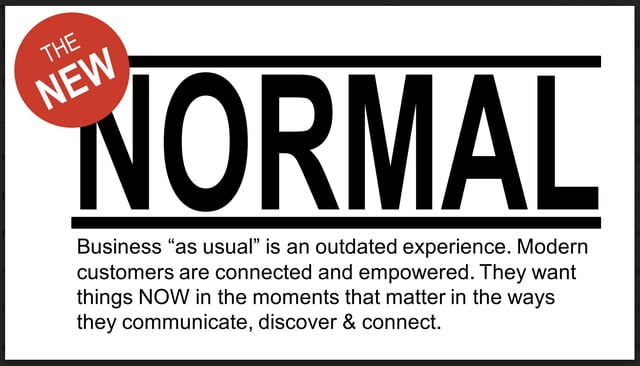
Banking With Google?
Industries like senior living—which, obviously, addresses an older demographic— still need to understand the impact that apps and online services are having on society.
Recently, Solis has been working with a number of banks and other financial institutions. “About 73% of millennials said they expected to bank with Google, Amazon or Apple over the next five years,” he said, emphasizing that none of these three currently offer banking as an option.
“That is such a powerful response in that they don’t want to even think about banking with a bank because it’s so different from the apps they’re used to,” Solis said.
Social media and apps are making us more discerning, while our expectations for goods and services rise daily. “The more connected we become the more informed we become. The more informed we become we get empowered. We become demanding. We become impatient. And that plays out in decision making and how we sit and experience.”
What’s the next hot app?
While social media addiction has become a problem, Silicon Valley continues to innovate in ways that make our lives better, even when these methods exacerbate our tendency toward impatience. “How long is too long to wait for an Uber before you open the Lyft app?” asked Solis. “In New York City that number is five to six minutes. Doordash, Apple, Tesla and others are changing the normal.”
He referenced an app many hadn’t heard of: Filld. “It’s the Uber of gas. A truck will pull up and fill my car and I don’t even have to be there. The minute I used this app for the first time was the last time I went to a gas station. Because it was disruptive. It introduced new value and made the old process obsolete,” Solis said.
“This got me thinking, where’s this for dentistry? Why isn’t’ my doctor doing this? That’s all coming.” He prompted senior living to begin thinking along these lines.
Lessons Senior Living Can Learn From Airbnb
In any industry, when competitors innovate, the natural response is often to ignore the disruptor for as long as possible, then try to shut it down and regulate it. Key examples include traditional taxis vs. Uber and, closer to home for senior living, Airbnb vs. hotels.
“Of course, the final response is learning how to compete and not lose (more) customers to the innovators,” Solis said.
And, often, even the innovators need to innovate. After its initial success, Airbnb hit a roadblock when it realized hosts and guests were having bad experiences, which, as a startup, could mean the end of investor funding.
So, Airbnb did what all businesses should do, including senior living—they pulled all their data and then looked at the experiences in industries that people love. Next, they hired a Pixar storyboard artist to humanize the ideal Airbnb experience.
This approach would work for senior living, if developers choose to design resident experiences “like a Disney or Pixar movie, complete with character and story development, woven into a thoughtful and methodical universe where the experience is linked, immersive and enchanting in every moment of truth,” he said.
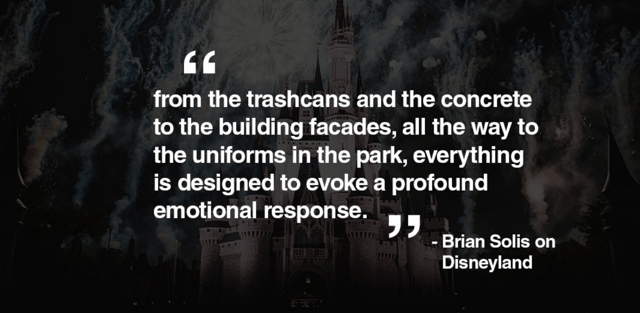
“Airbnb went thru the Pixar storyboarding process to learn how to reimagine its brand and the experience for guests and hosts. This lead to a cohesive vision and a guide to help hosts deliver and guests receive a desired brand experience.”
Solis added, This process allowed Airbnb to transform their brand’s guest experience, to “humanize” it in ways they never saw before. “Now there are conferences and communities of hosts; they’ve become an extension of the Airbnb brand.”
Hard, but Necessary, Work Ahead
While some innovations can seem obvious once they’re in place, a lot of effort goes into getting there, he stressed.
“None of this is easy. We have to ask ourselves ‘Where we are operating from? All innovation starts when we step outside our comfort zone,” Solis said. “All innovation comes to life when we allow ourselves to see how people live differently, how they want to live differently and do the things that connect the dots between where we are and where we want to be tomorrow.”
Join us at SLIF '19 to shape the future of senior housing - June 23-25 in Santa Barbara, CA.
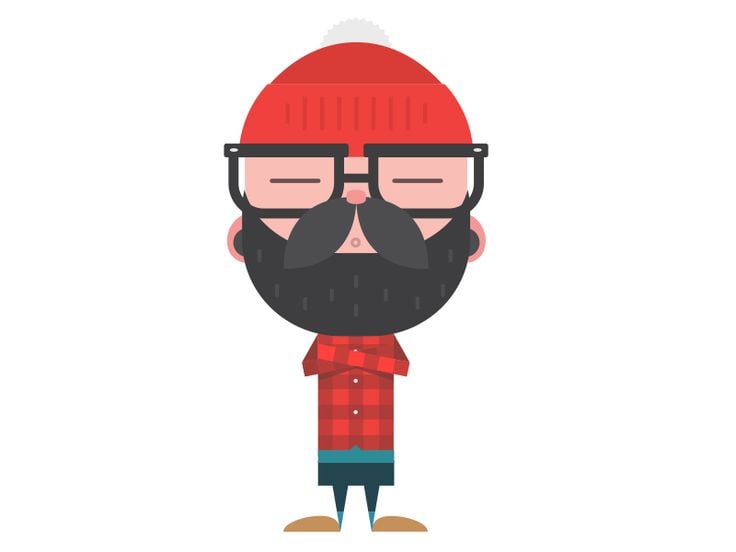
Posted by
SLIF heads to Carlsbad!
The One of a Kind Retreat for Senior Housing Leaders.
May 31 - June 2, 2026 | Carlsbad, CA
Learn More

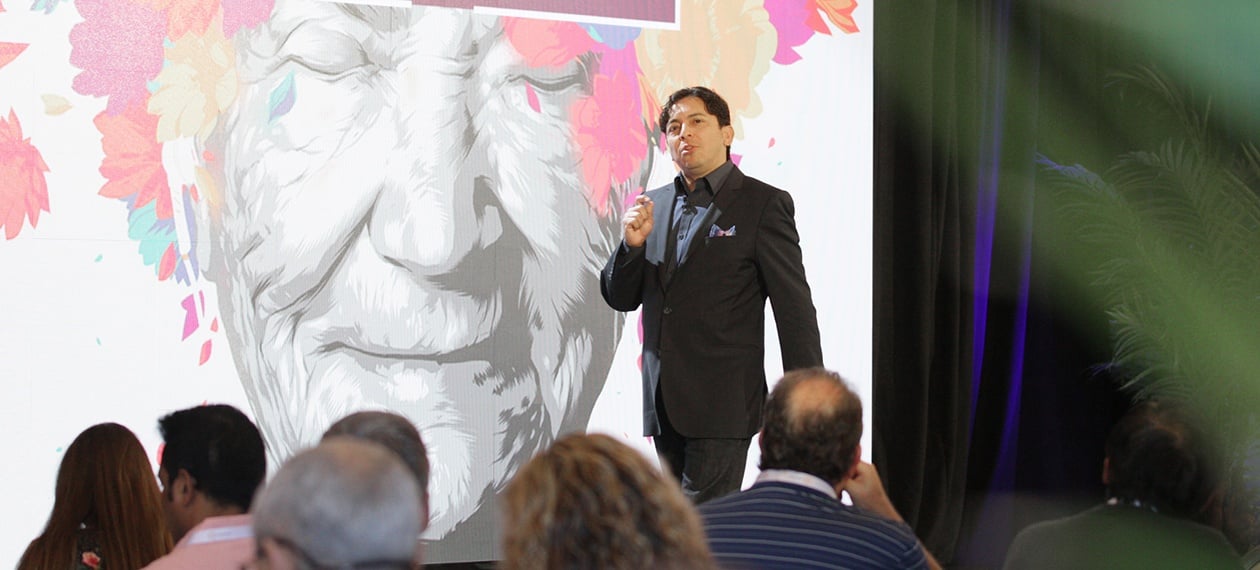

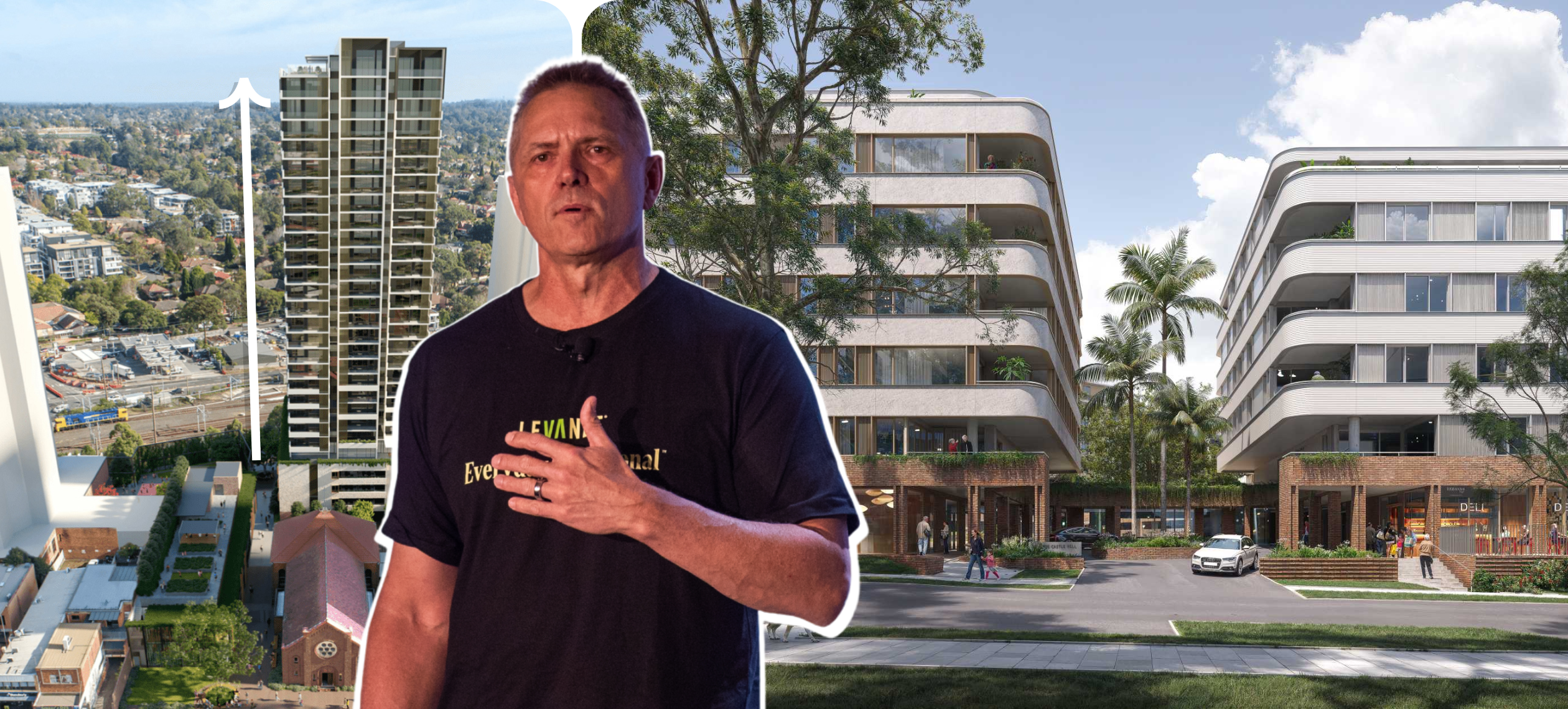
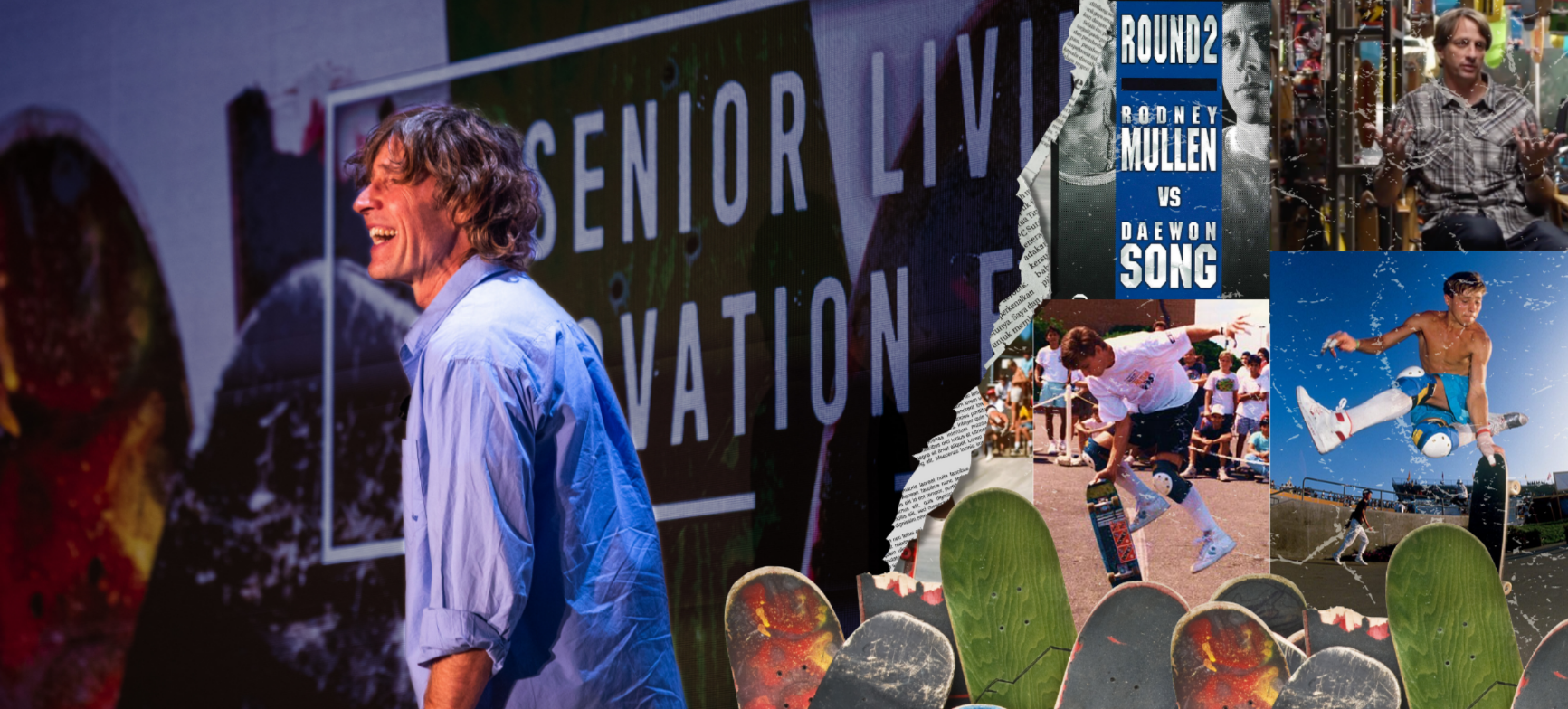
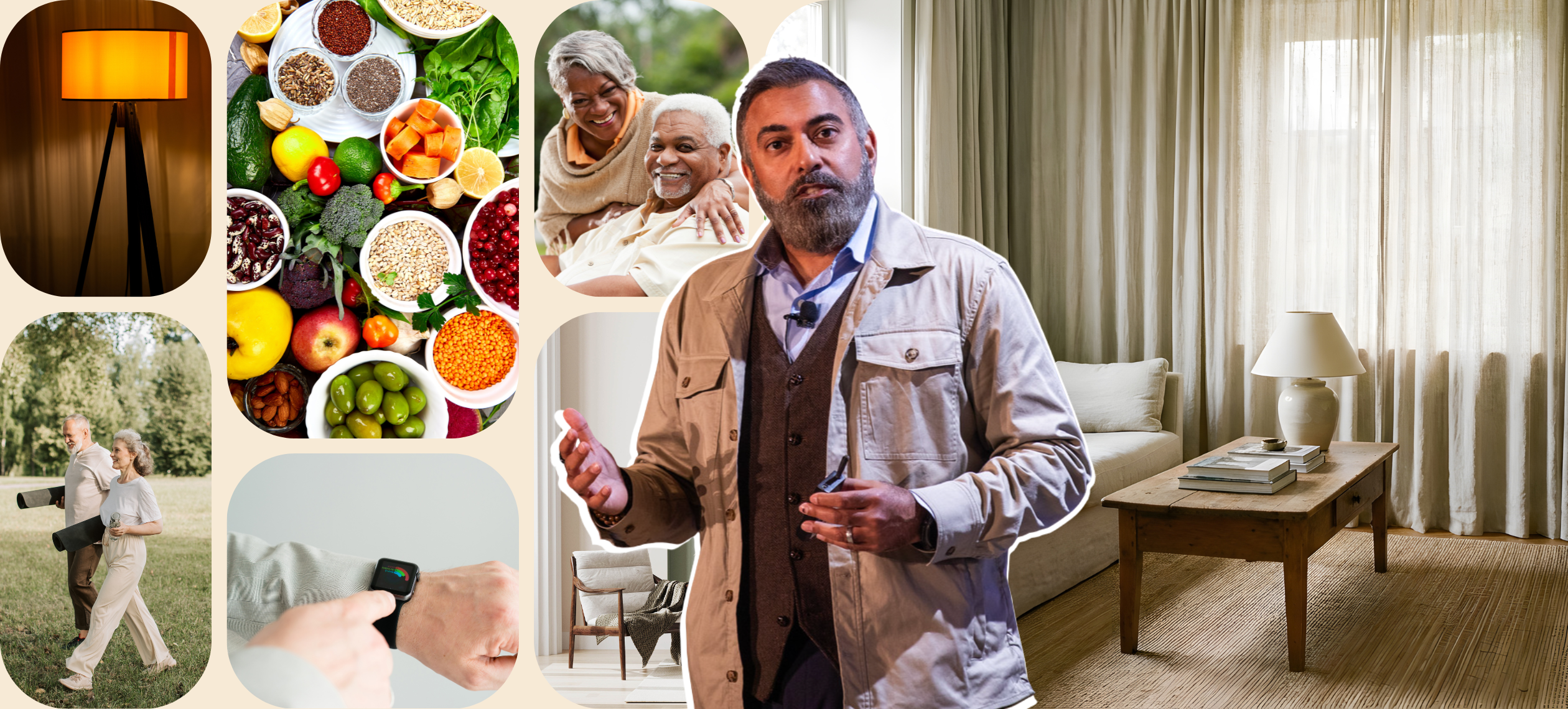
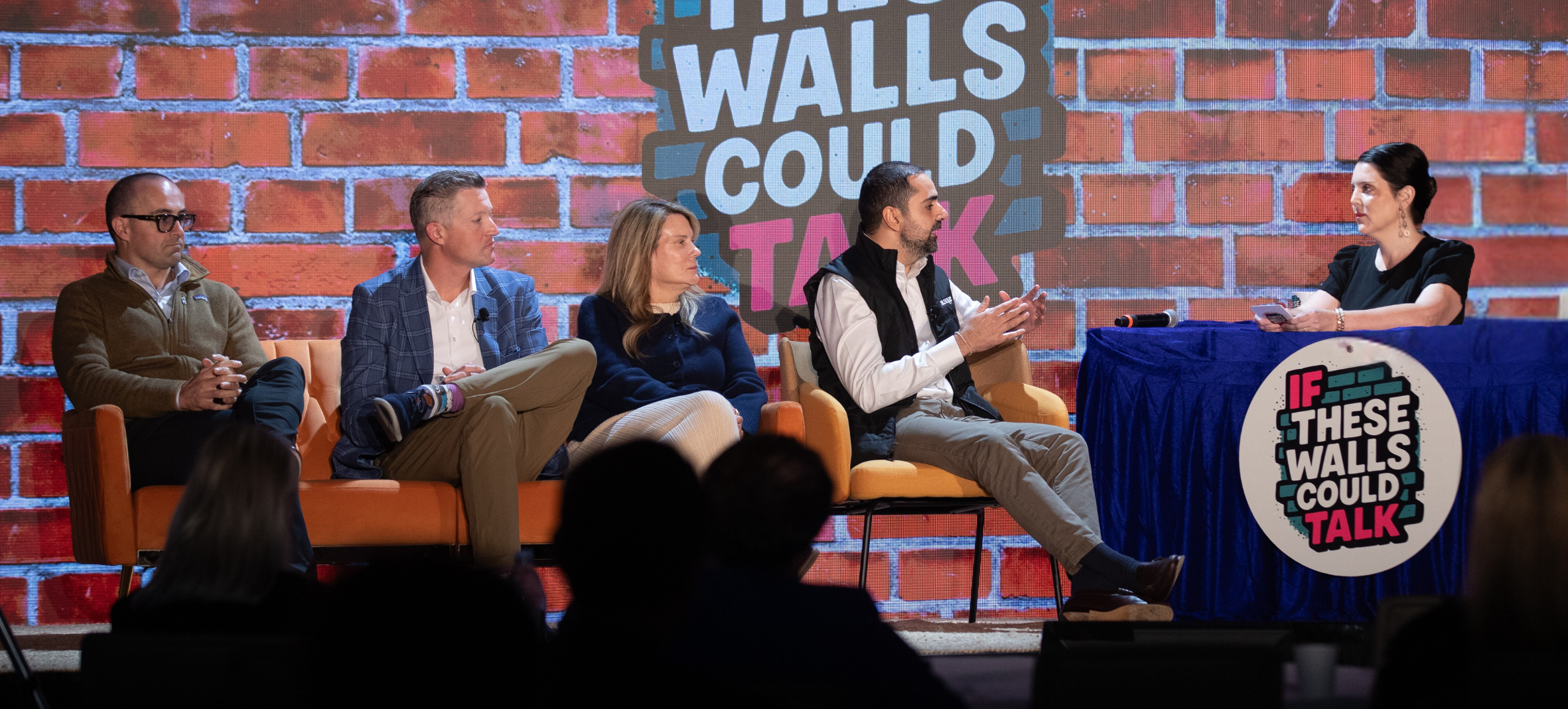


Comments